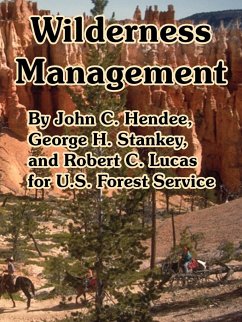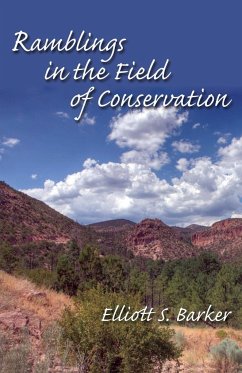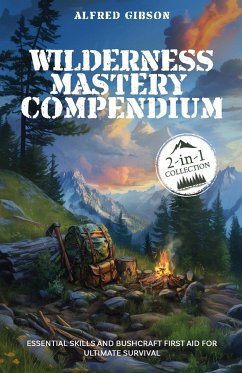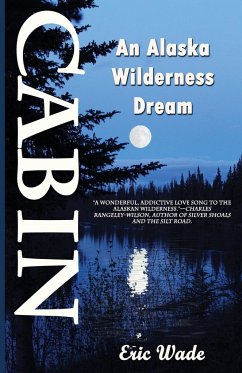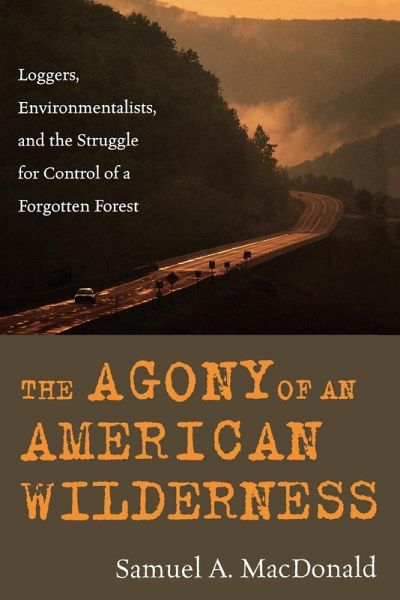
Agony of an American Wilderness
Loggers, Environmentalists, and the Struggle for Control of a Forgotten Forest
Versandkostenfrei!
Versandfertig in 1-2 Wochen
50,99 €
inkl. MwSt.

PAYBACK Punkte
25 °P sammeln!
What is a forest? What are forests for? Who should control them? These are familiar questions, but the Allegheny casts them in a new light. The national environmental movement has become less willing to compromise since its victories in the Pacific Northwest, and the Allegheny is its newest proving ground. This book explains what activists are after, how the struggle differs from more familiar environmental battles and what it means for the future of the American landscape.






